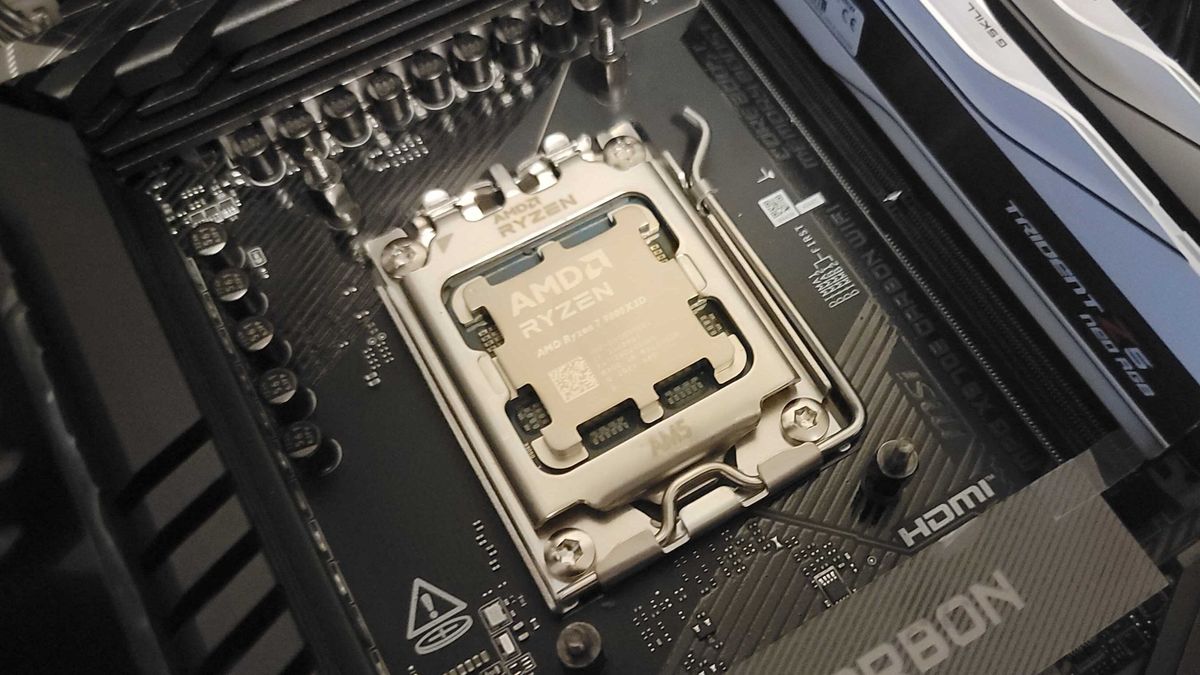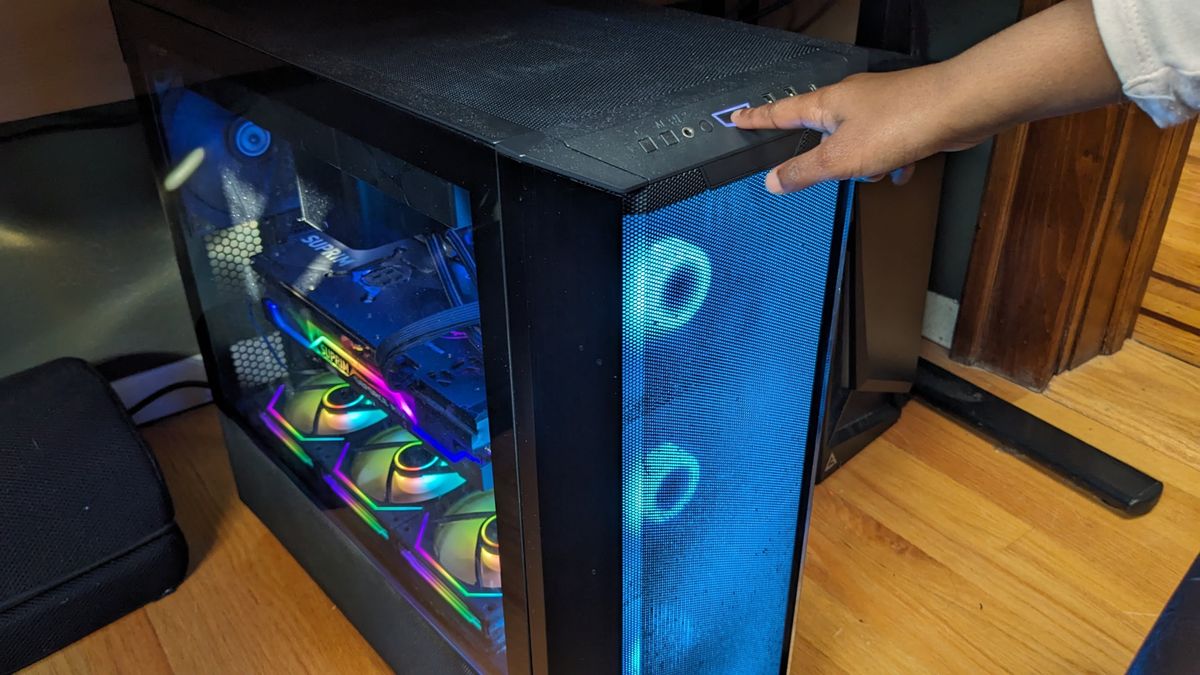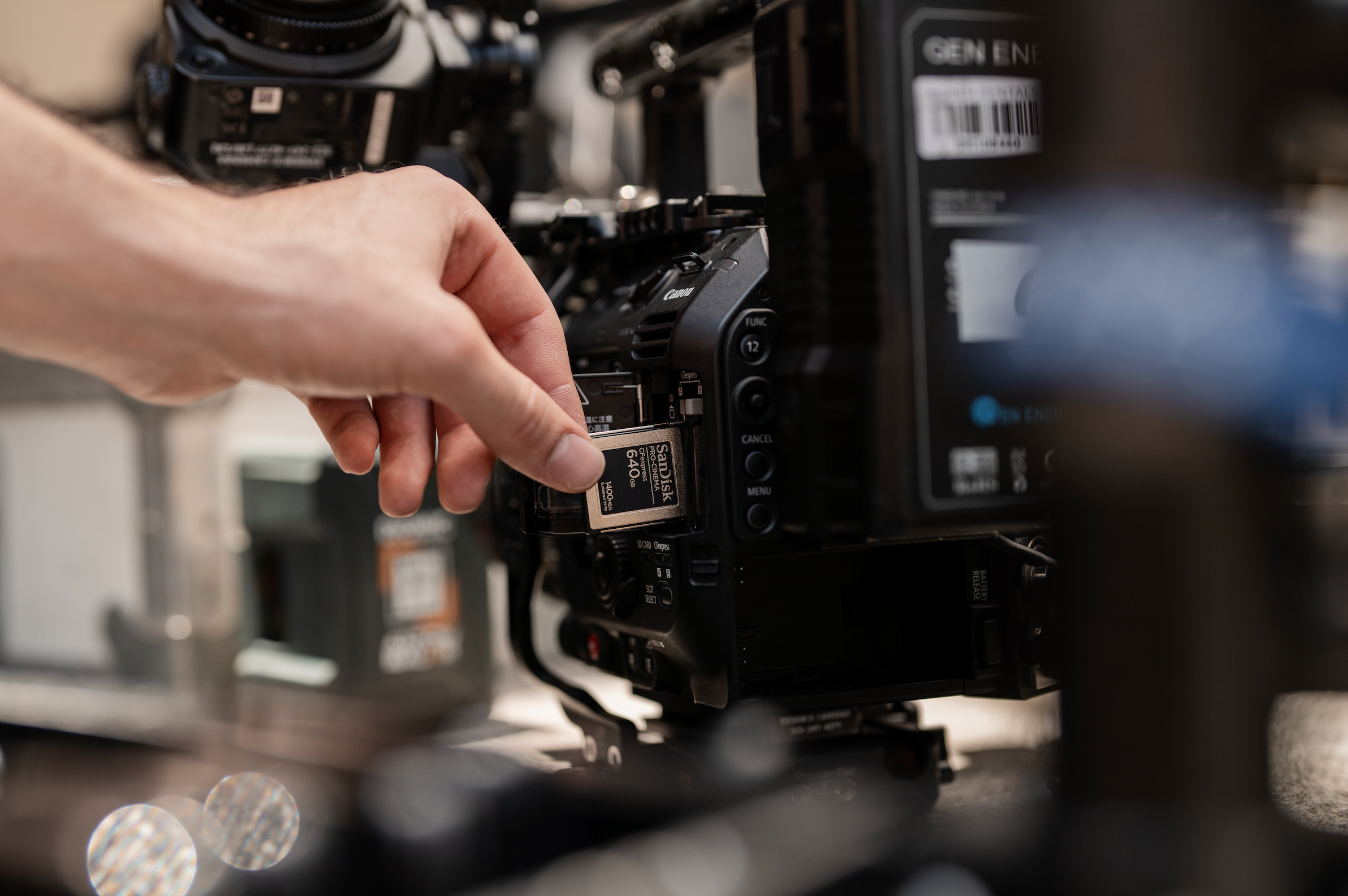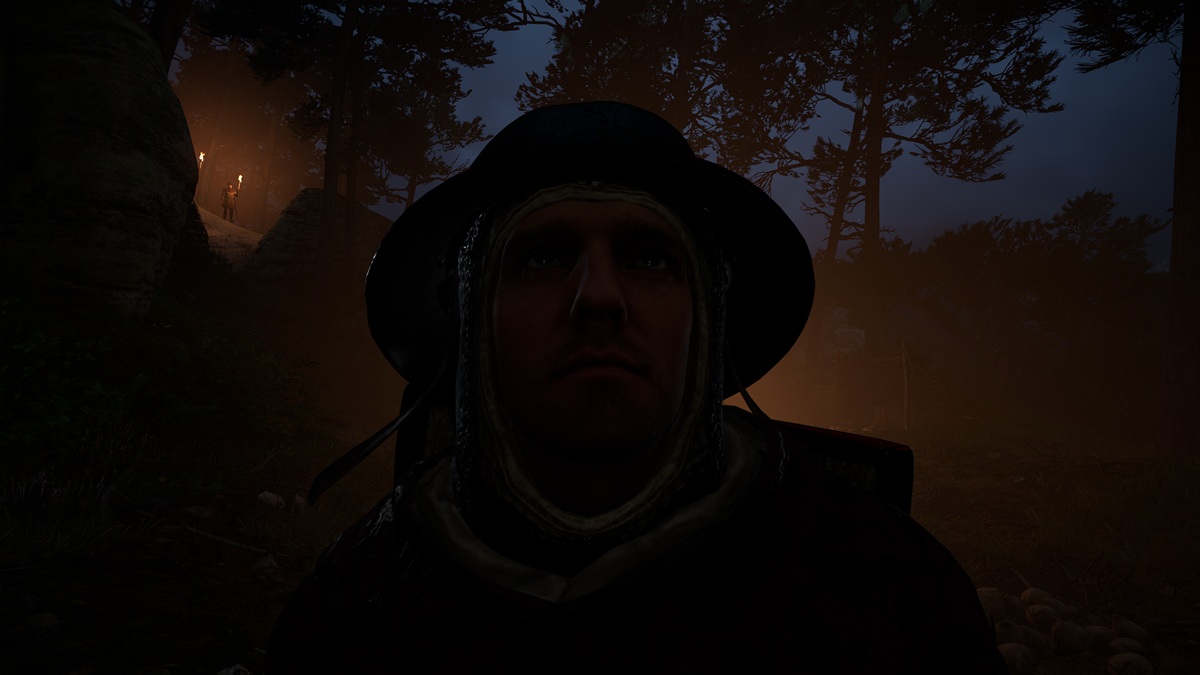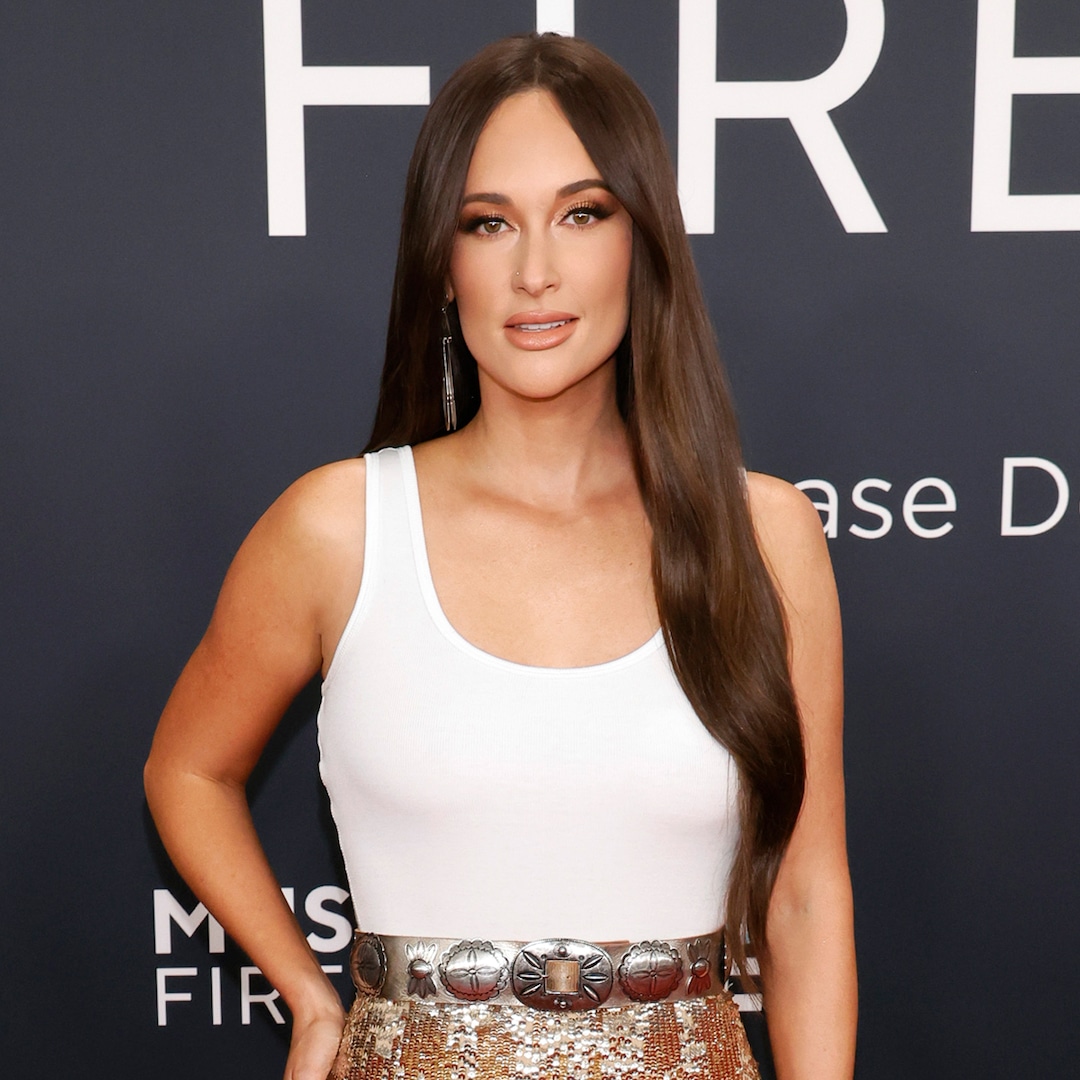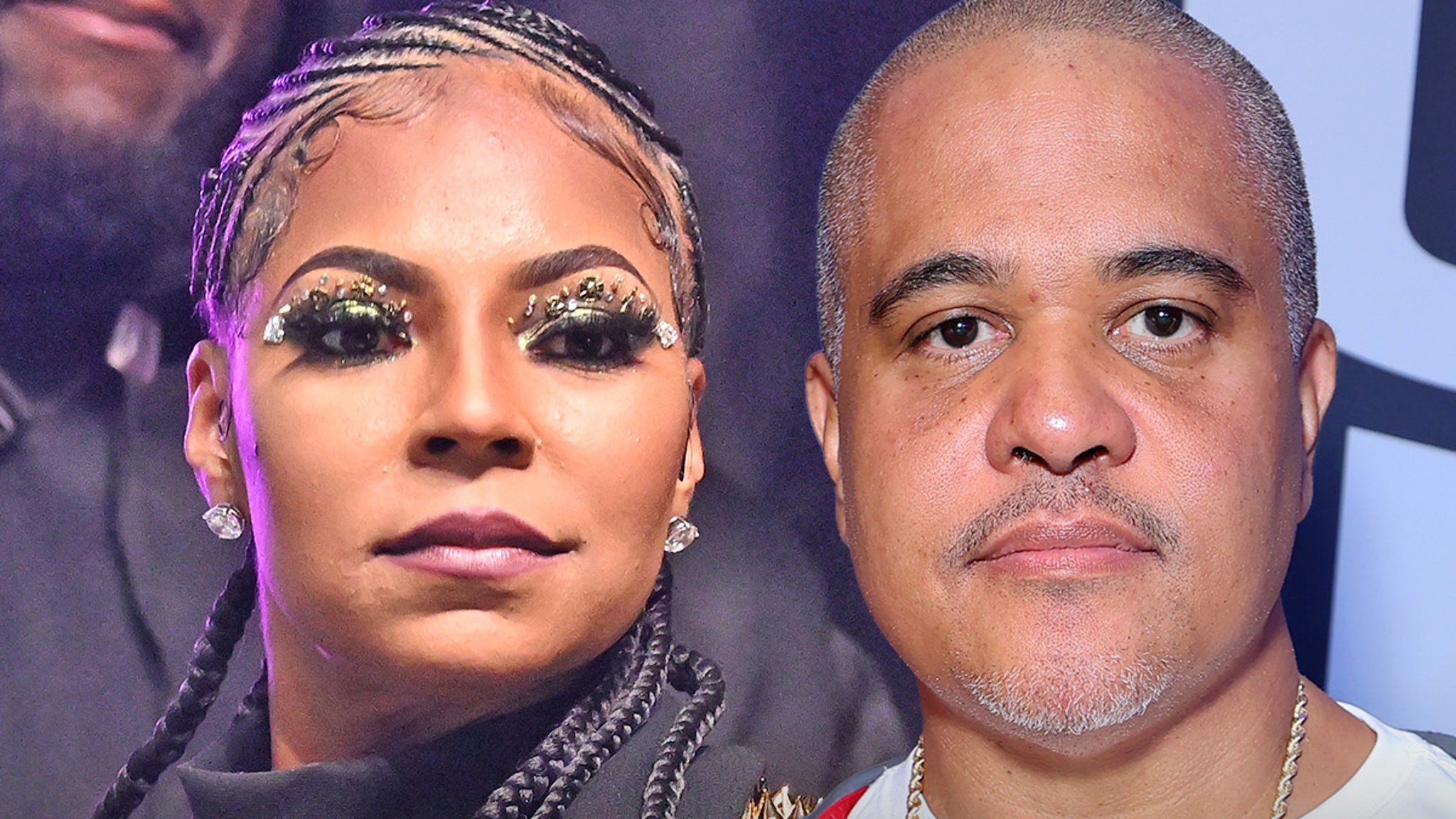I Got Weight-Loss Surgery Like Remi Bader — No One Deserves the Shame
It's ironic that I've spent my life "secretly" gaining and losing weight, as it's nearly impossible to hide. Friends, family, even strangers can see what you (or are not) eating. They can tell if your sweater is three sizes too big or form fitting. But taking control — whether by cutting out carbs or cutting out half my stomach — never made me feel brave or heroic when I shared. I felt on trial, criticized, and scrutinized. I felt I had no choice but to defend why I'm so powerless over food, resorting to extreme diets or dabbling with medications.
When I lost nearly 100 pounds in less than a year, only a handful of people knew it was because I underwent bariatric surgery, specifically the gastric sleeve. A few years later and half the weight back on my small frame, I wrote a bombshell essay revealing the truth. The response was mainly supportive, but I became self-conscious of the spotlight I willingly put on my waistline. It wasn't long before old habits kicked back in. Food was like a toxic ex-boyfriend, love bombing me with "treats," assuring me I deserved "just one bite." When my jeans no longer zipped, I rationalized that a bigger size was a fair tradeoff for keeping the food I loved around (even though it clearly didn't love me back).
So, I wholeheartedly understand why influencer Remi Bader kept her struggles and ultimately her decision to have weight-loss surgery a secret from her enormous following for more than a year. Your weight journey — losing, gaining, struggling, maintaining — subjects you to judgment from friends, family, colleagues, and, indeed, "well-meaning" strangers.
We're in the "golden age" of weight loss. Cutting carbs, watching macros, tracking points, eating whole foods — it's a way of life. There are no more excuses. You can't blame slow metabolism or genetics on your body size, because the weight-loss industry has shamed us into thinking it's our fault if we don't follow their lead. And if a complicated plan still doesn't work, no worries, the semaglutide of your choice will take that weight right off. But when you've lived your life with friends and family never knowing if a svelte or pudgy version of yourself will walk through the door, you're conditioned to avoid scrutiny.
Anytime I managed brief bouts of weight loss success over the years, it was obvious which members of my inner circle were triggered when I was no longer the "fat friend." Getting your proverbial shit together is scary for yourself — but scarier for others. Dubious questions, passive-aggressive remarks, and backhanded compliments always set me up for failure. I was a downer when complaining about feeling gross (while polishing off a bag of chips), but I was a curious science experiment when I was suddenly thin. I couldn't win.
Like Bader, leading up to my surgery, I put on a brave face, assuring my clueless friends and family that I was "at peace" in my body.
So, I understand why A-list celebrities are hesitant to share if they're on Ozempic. Why defend their decision or explain to fans — complete strangers — if and when it stops working? These are strangers who already study their faces for signs of Botox, whisper that they are "too thin," or believe they might be pregnant when one unflattering outfit choice goes viral.
Like Bader, leading up to my surgery, I put on a brave face, assuring my clueless friends and family that I was "at peace" in my body. The day I confirmed my surgery, I turned in a series of essays to a national wellness site about breaking up with my scale and never using the "D" word (diet) ever again, especially around my daughter. While I was confident, empowered, and steady in my decision to have weight-loss surgery, keeping it a secret was non-negotiable.
Being secretive about my weight started in childhood. I was always hungry, always put on a diet, and always scrounging for more food. From high school and into adulthood, I hid Jenny Craig memberships, Food Addict meetings, Phen Fen prescriptions, and Ozempic shots (I was prescribed it years before the Real Housewives). During a stint with a weight-loss clinic, I went to a spa for a wrap treatment and sweated out almost four pounds the day before my weekly weigh-in. It was a weak moment just to get my stoic counselor to crack a smile after months of me insisting that "my scale must be broken." I desperately wanted everyone in my life — even weight-loss professionals — to think I had things under control.
And in the years post-surgery, it was a gut punch to discover who rooted for me and who did not. My former gyno was a heavy-set woman. Before my surgery, she declared that we were "fighting the battle of the scales together." As my doctor, she obviously was one of the few who knew the truth when I showed up in skinny jeans. She was dumbfounded that I had no visibly loose skin. Then, during an exam a few years after my surgery, her head and speculum between my legs, she peered up at me with a relieved smile and gleefully revealed, "I found it!" She had found the "loose skin" hiding between my thighs.
That's when I knew I had to flip my own narrative. I believed taking control with diets, medicine, or surgery was admitting defeat. But it was something I needed to start accepting and celebrating. It was time to stop being selective in what I shared and be honest. Especially with myself. Unlike Bader, I didn't have millions of fans looking to me to make them feel okay in their body. That's a lot of pressure to put on one person, especially because I know now that there is a huge difference between confidence and health. You can love your body at any size. But that doesn't mean getting winded by a single flight of stairs isn't alarming. It doesn't mean that if your blood pressure is high, liver is fatty, and knees are ready to buckle, you should ignore it. And losing weight — no matter how you go about it — doesn't change your story or the obstacles you faced to get there. Being honest takes getting used to. But that's what makes you relatable to everyone, no matter their size.
Lauren Brown West-Rosenthal's 20-plus years as writer span print, radio, TV, and digital. She's contributed to dozens of national publications and online outlets including The Cut, Shondaland, Slate, The Kitchn, Today.com, and Parents. She's also an author and TV writer/producer.
What's Your Reaction?
 Like
0
Like
0
 Dislike
0
Dislike
0
 Love
0
Love
0
 Funny
0
Funny
0
 Angry
0
Angry
0
 Sad
0
Sad
0
 Wow
0
Wow
0

